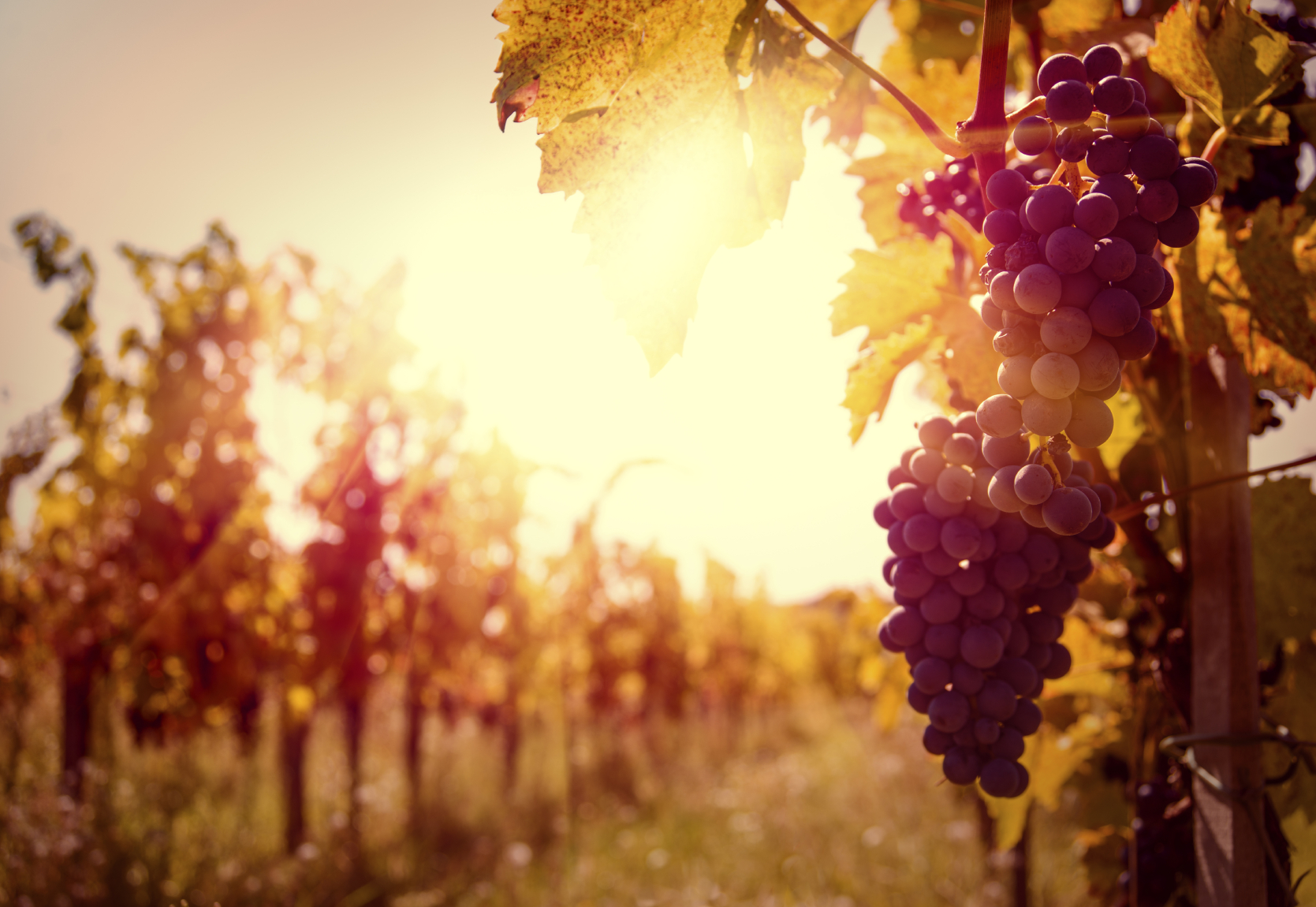MSU Says Traverse City Area Crop Down Two-Thirds
Wine crop damage as a result of last winter is widely known, but we’ve been told that the Traverse City area- namely the Old Mission and Leelanau Peninsulas- had weathered the storm in better condition than some other Midwestern regions.
Yesterday, Michigan State University (MSU) released the sobering news that at best, some Traverse City area vineyards will lose two-thirds of their vinifera crop this year. Aside from the immediate impact to wineries, grape growers and consumers, the Michigan wine grape massacre of 2014 could have lasting impacts.
During May of 2013, Midwest Wine Press published a story titled The Wine World Discovers Northern Michigan. This story included reports from various sources who told us that investors from “established” wine regions were scoping out property in the Traverse City area. These reputable sources from Northern Michigan said they thought it was just a matter of time before “outside” capital started to flow into local grape growing and winemaking.
One bad winter is not going to scare off serious investors, but it probably will cause some fence sitters to step back and reconsider. The current situation in Michigan and the Midwest is similar in many respects to the stock market after a severe downturn. Many grape growers are understandably reluctant to put more money into planting new vines, but others may view the current situation as an opportunity. After all, demand for local grapes is strong and the home grown supply has been reduced drastically.
The one sentence in the MSU article (see link below) that really floored me reads: “…fortunately, the growers in our area also grow a large quantity of hybrid grape varieties.” Of course, the cold hardy hybrids survived the winter better than the vinifera vines. You don’t need to be a plant scientist to know that. What’s remarkable about MSU’s statement is an implied realization that more of the Michigan grape industry will be built around hybrid grapes.
I don’t think this release from Duke Elsner on MSU’s website is a slip of the pen. MSU is not called “the Harvard of agriculture schools” for nothing. The MSU people are professional and careful in what they say, based on numerous experiences with faculty and researchers. For years, MSU and the Michigan Grape and Wine Industry Council (MGWIC) have promoted old world grapes much more than hybrids. It’s not that anyone at MSU or MGWIC has anything against hybrids; they are simply promoting the grapes and wines that consumers currently want.
We desperately need more and larger vineyards in the Midwest to give us the economies of scale that larger grape producing regions enjoy. If we can’t reliably grow vinifera, then we should make more and better wine from hybrids and all promote them together. It’s time to coalesce as one unified wine region and show that one nasty winter is not going to slow us down.
See: Grand Traverse Wine Region’s Productions Down Significantly
Editors note: On October 1, in a press release from Michigan Department of Agriculture, Gordon Wenk, chair of the MGWIC, said the 2014 state wine crop is expected to be down about 50% compared to last year. He said part of the reason for the smaller crop was a cool, wet summer.


